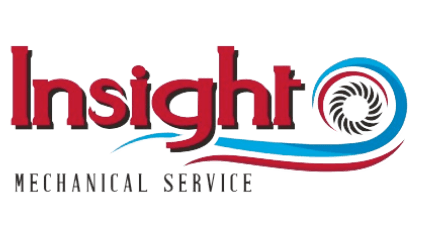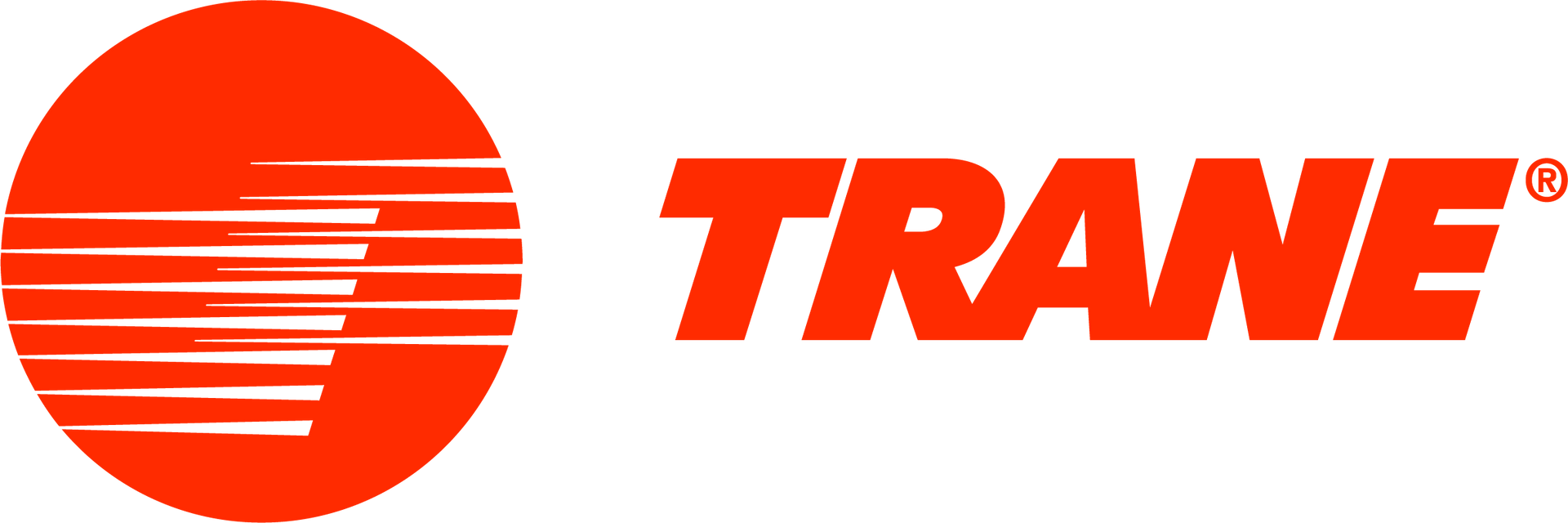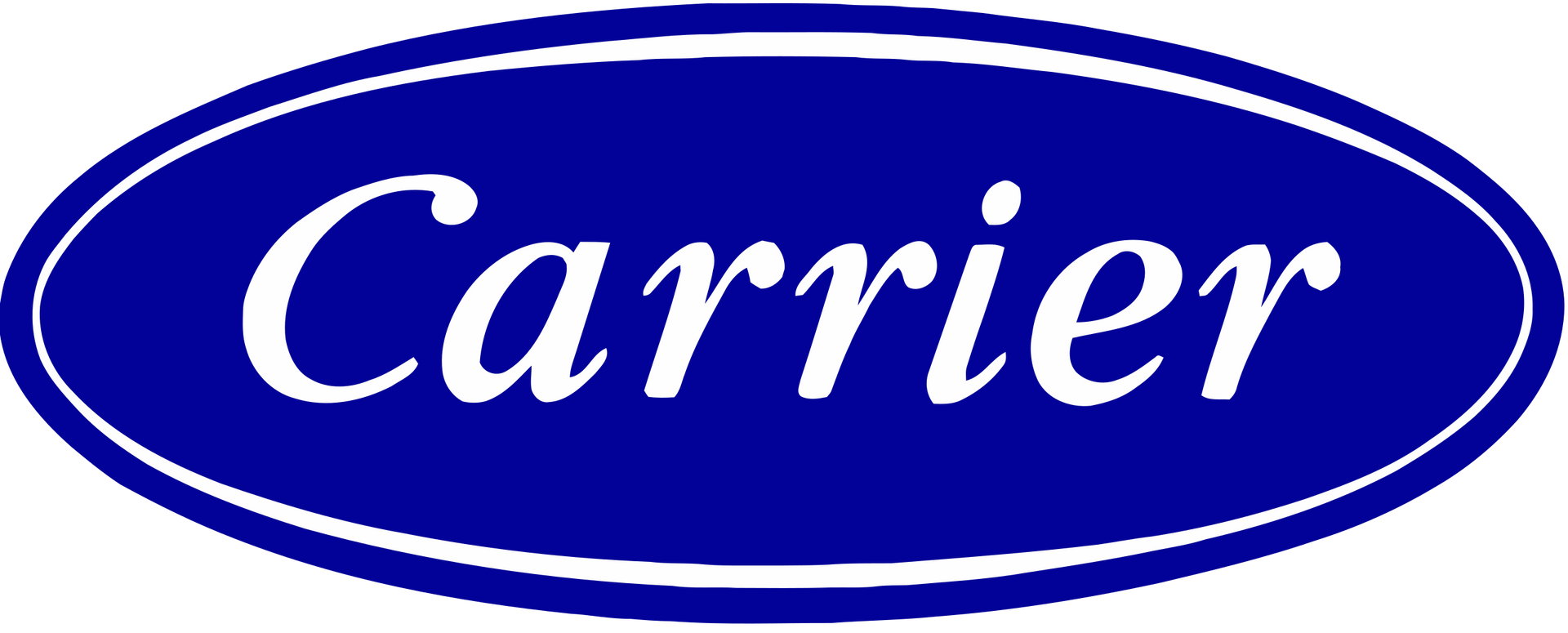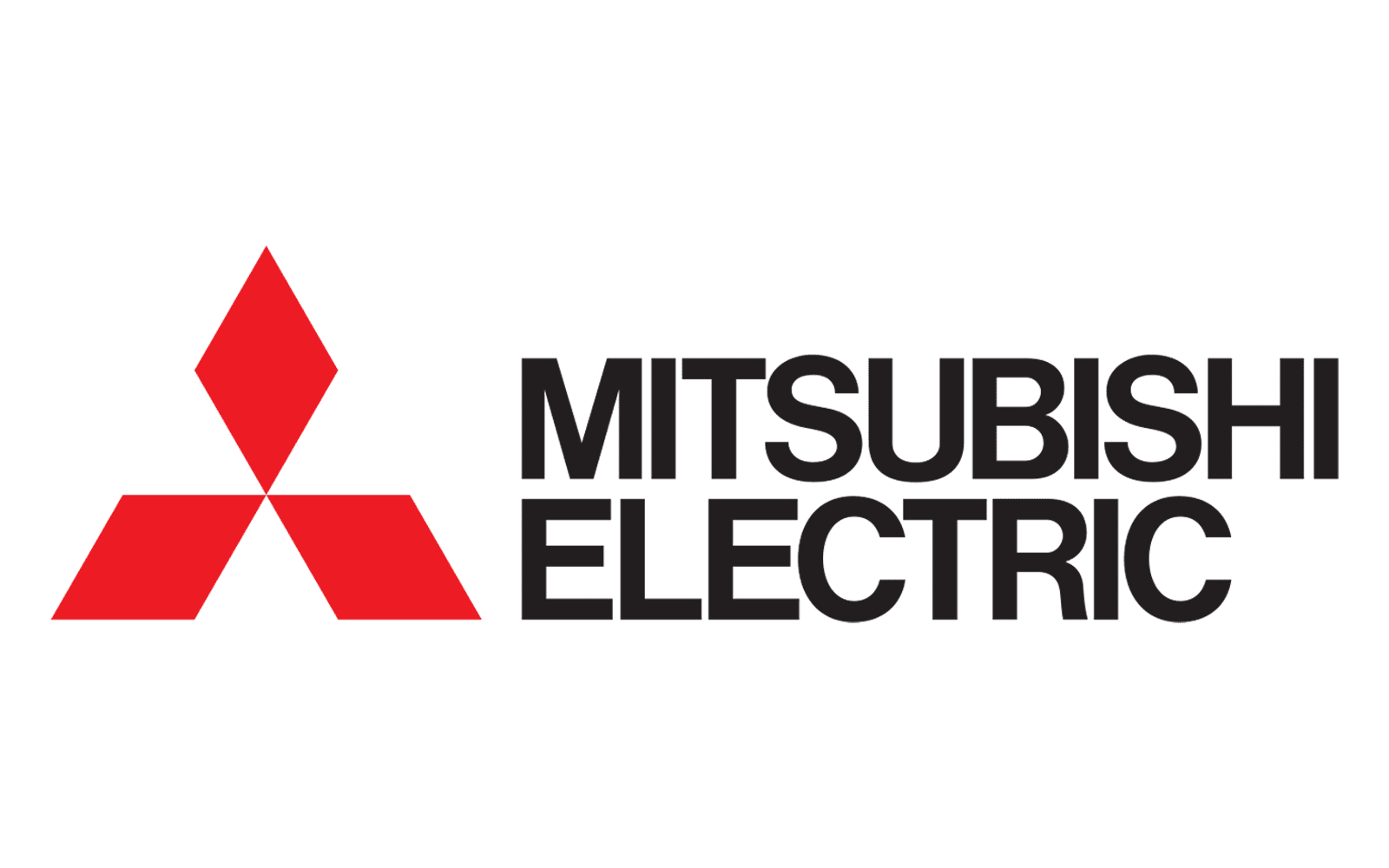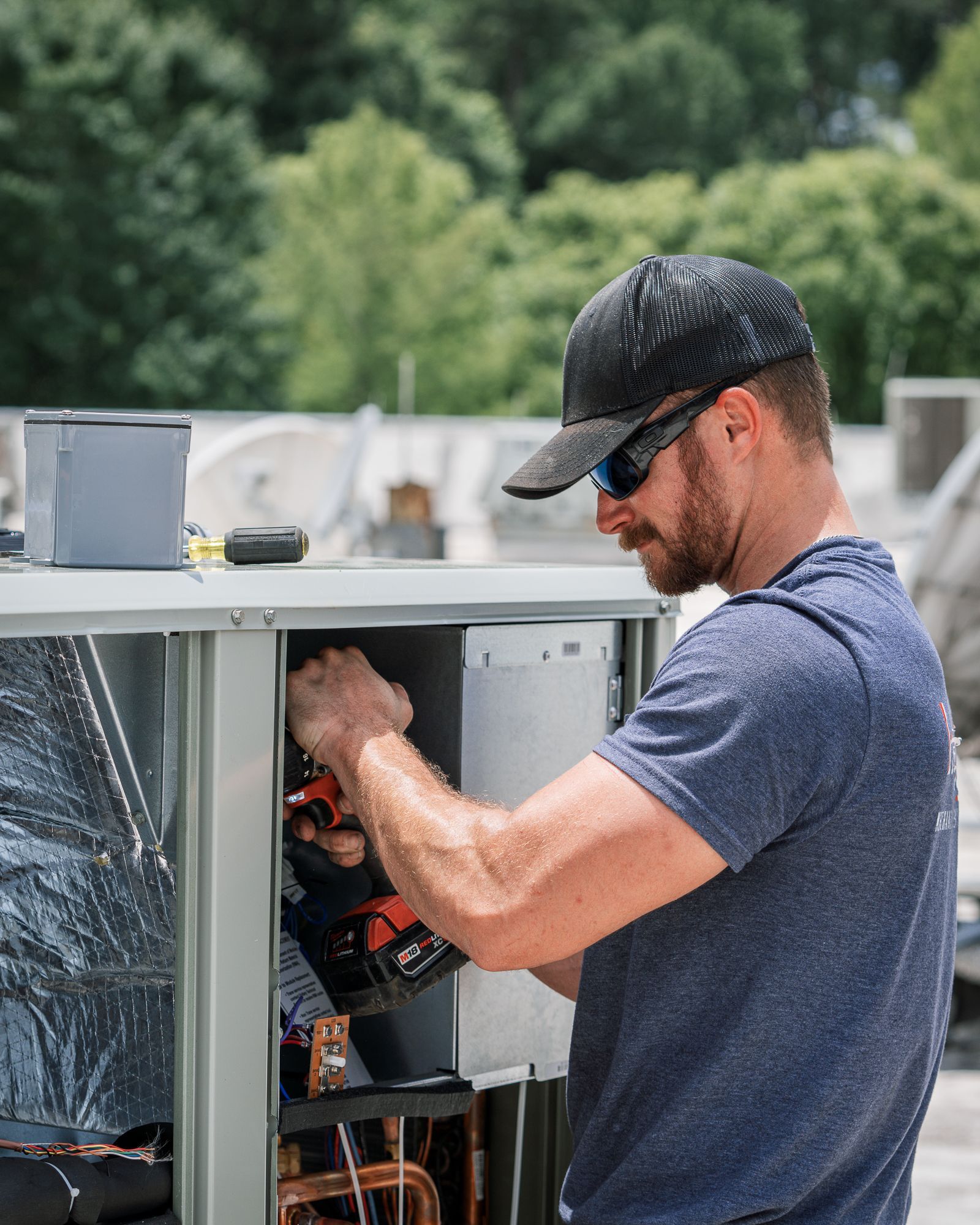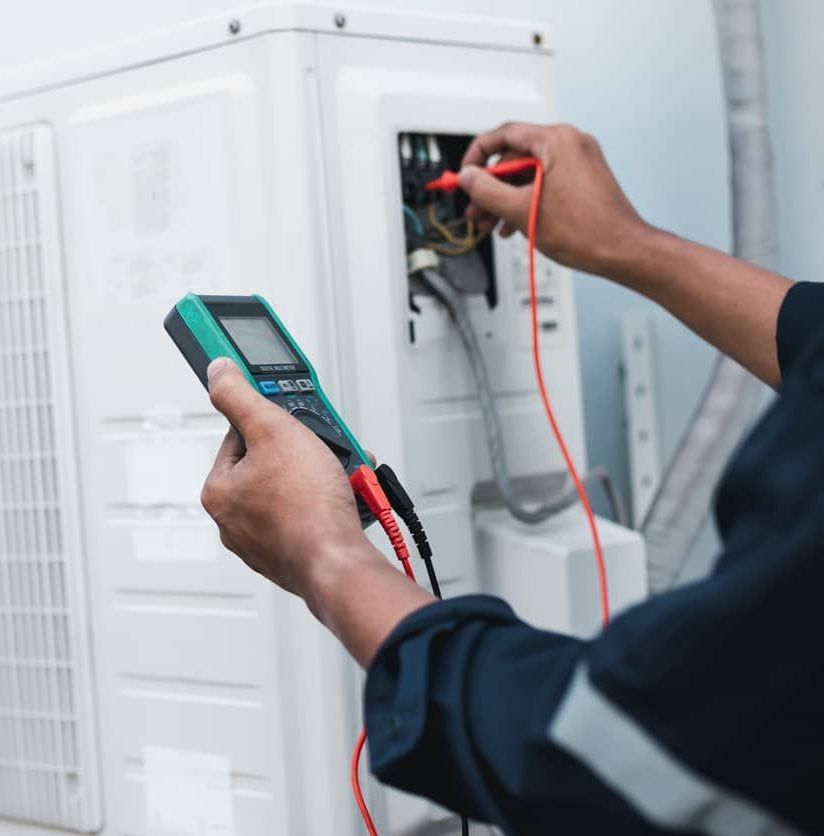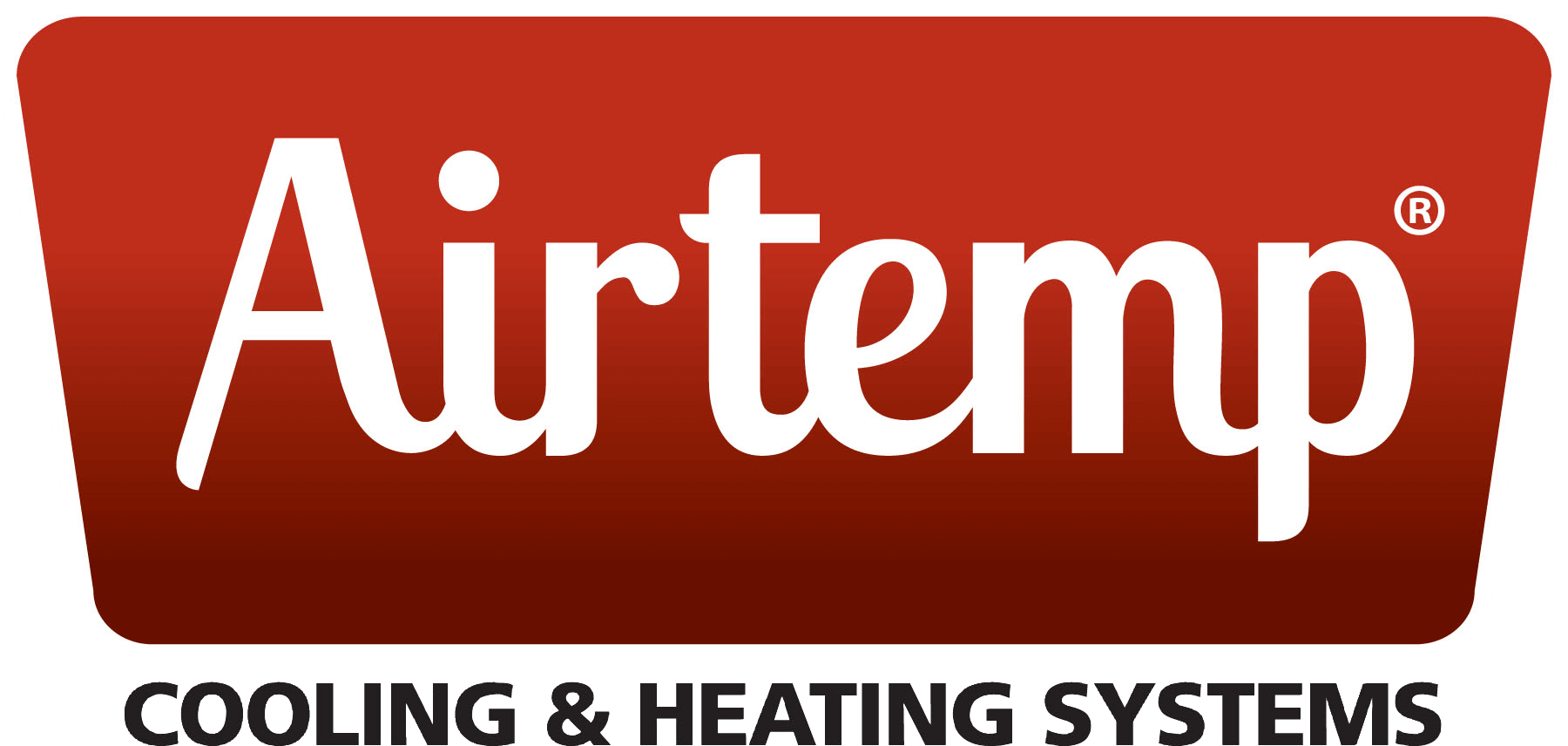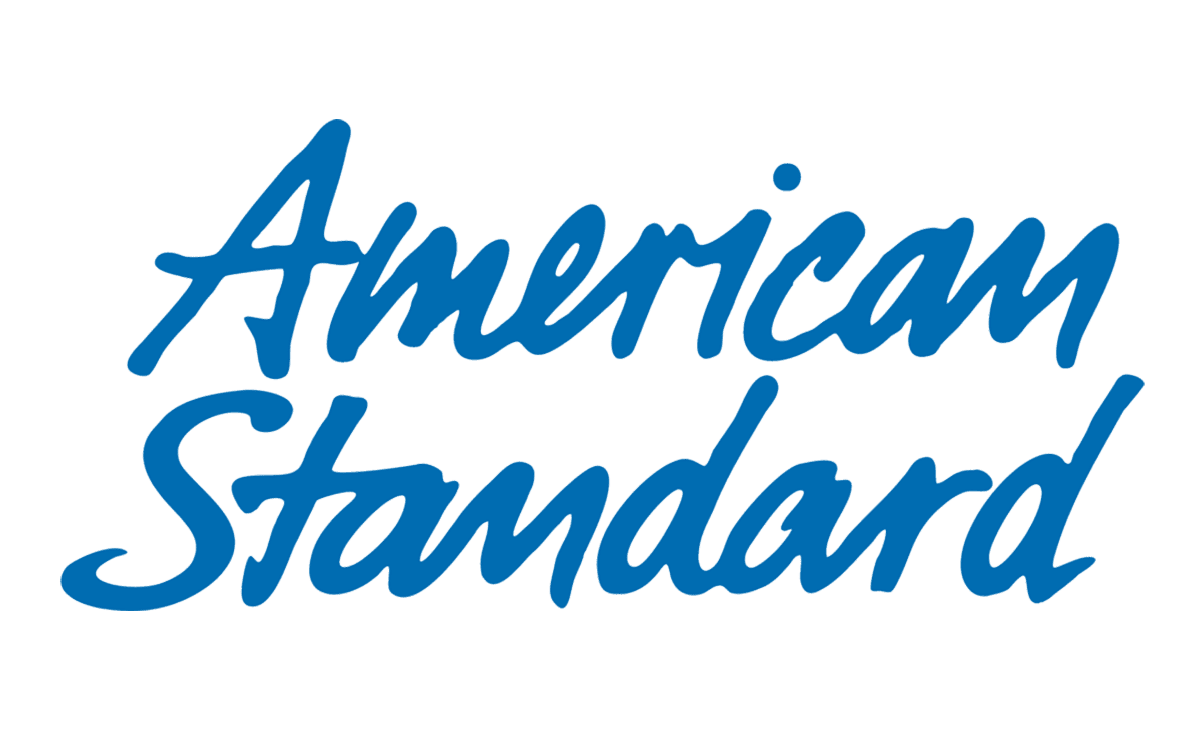We Help You
Get it Right
By Checking Off all the Boxes Before We Begin
HVAC installation services encompass a comprehensive range of tasks, from initial assessments and equipment selection to installation, testing, compliance checks, and ongoing maintenance.
Our team of qualified professionals are with you every step of the way to ensure you have properly functioning HVAC systems that meet your needs and provide comfort, energy efficiency, and clean indoor air quality.
Our Insight Mechanical Installers Also Do Performance Checks
After Installation
After an HVAC system is installed, our technicians perform thorough testing and calibration to validate expected functionality and performance.
Inspections are conducted to identify any potential issues and make all necessary adjustments to optimize efficiency.
Our team is also there to educate building owners or occupants on the proper use and maintenance of the system to ensure its longevity and effectiveness.
Knowledge that Further
Protects Investment
Our HVAC team also has in-depth knowledge of local and national codes and regulations governing HVAC systems.
They ensure that the installation process adheres to these requirements, including electrical codes, fire safety standards, refrigerant handling guidelines, and environmental regulations.
By following these compliance measures, we help you maintain the highest level of safety, preventing hazards such as electrical faults, gas leaks, or inadequate ventilation.
Did You Know
According to the U.S. Environmental Protection Agency (EPA)
improper HVAC installation can lead to energy losses of up to 30%.
This means that if your HVAC system is not installed correctly,
a significant portion of the energy it consumes may go to waste.
